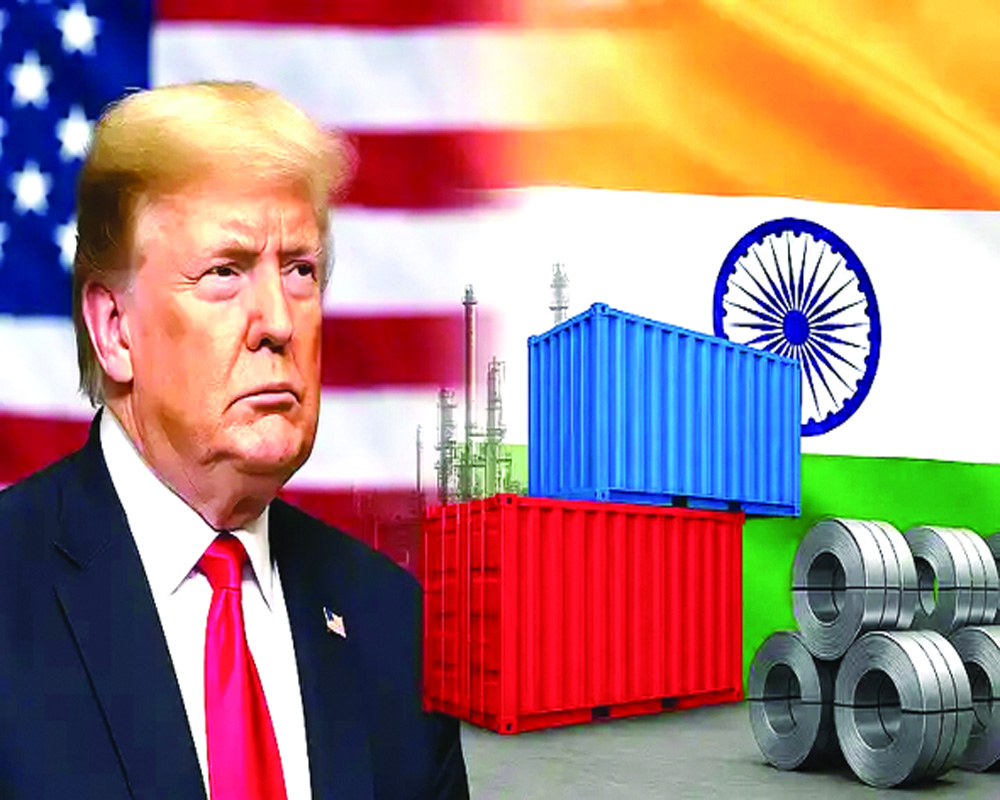Introduction
International economic sanctions have become a prominent tool in global diplomacy, used by countries and international organizations to influence the behavior of other nations. These sanctions typically involve restrictions on trade, financial transactions, and diplomatic relations, with the aim of coercing the targeted country into changing its policies or behavior. While economic sanctions are often hailed as a peaceful alternative to military intervention, their effectiveness remains a subject of debate. This article explores the effectiveness of international economic sanctions, examining their goals, mechanisms, and real-world outcomes.
The Goals of Economic Sanctions
Economic sanctions are imposed with various objectives in mind, but they generally fall into three broad categories:
-
Deterrence: One primary goal is to deter a nation from engaging in actions that are deemed harmful to international peace and security. For example, sanctions may be imposed to discourage a country from developing nuclear weapons or supporting terrorism.
-
Punishment: Sanctions are also used as a means to punish a nation for its actions, such as human rights abuses or violations of international law. By inflicting economic pain, policymakers hope to compel the targeted country to change its behavior.
-
Compellence: Another objective is to compel a nation to take specific actions, like ending an ongoing conflict or withdrawing from a territory. Sanctions can be designed to pressure the target into negotiations or compliance with certain demands.
Effectiveness of Economic Sanctions
The effectiveness of economic sanctions depends on several factors, including the severity of the sanctions, the resilience of the targeted country's economy, and the international context. Here are some key points to consider when evaluating their effectiveness:
-
Limited Success in Isolation: Economic sanctions often struggle to achieve their goals when applied in isolation. History has shown that unilateral sanctions are less effective than multilateral ones. When multiple countries collectively impose sanctions, it can create more significant economic and diplomatic pressure on the target.
-
Economic Impact: The effectiveness of sanctions largely hinges on their economic impact. Severe sanctions can cripple an economy, causing economic hardship and potentially sparking social unrest. However, this hardship can also unite a population against the sanctioning nations rather than against their own government.
-
Duration: Sanctions may take time to produce results. Patience is often required, as policymakers must wait for economic pressure to influence the targeted country's decision-making. This can be challenging in democratic systems where political timelines are short.
-
Unintended Consequences: Economic sanctions can have unintended consequences. They may lead to a humanitarian crisis, hurt innocent civilians, or encourage the black market. Such outcomes can damage the credibility and moral standing of the sanctioning nations.
-
Adaptability of Targeted Nations: Targeted nations can be resilient and find ways to mitigate the effects of sanctions. They may seek alternative trading partners, diversify their economy, or develop indigenous industries to reduce their dependence on the sanctioned goods.
Case Studies
Several case studies highlight the complex and often mixed results of economic sanctions:
-
Iran: The sanctions imposed on Iran over its nuclear program had a significant impact on its economy, but they did not force Iran to completely abandon its nuclear ambitions. Instead, they led to negotiations and the Joint Comprehensive Plan of Action (JCPOA) in 2015.
-
Cuba: Despite decades of U.S. sanctions, Cuba's government remained in power, although the sanctions did hinder economic development. These sanctions were largely unilateral and faced international criticism.
-
South Africa: International sanctions played a role in ending apartheid in South Africa by isolating the regime and pressuring it to change its policies. This is often cited as a successful example of sanctions.
Conclusion
The effectiveness of international economic sanctions is a complex and contentious issue. While they have achieved some successes in influencing the behavior of targeted nations, their overall impact varies widely. Success depends on factors such as the nature of the sanctions, the resilience of the target's economy, and the international context. Policymakers must carefully consider these factors when employing economic sanctions, recognizing that they are just one tool among many in the realm of international diplomacy. Furthermore, they must be mindful of the potential unintended consequences and the human cost that sanctions can impose. As with any policy tool, international economic sanctions require a nuanced approach and ongoing evaluation to determine their effectiveness in achieving desired outcomes. (AMCHAM INDIA)








 OpinionExpress.In
OpinionExpress.In















Comments (0)